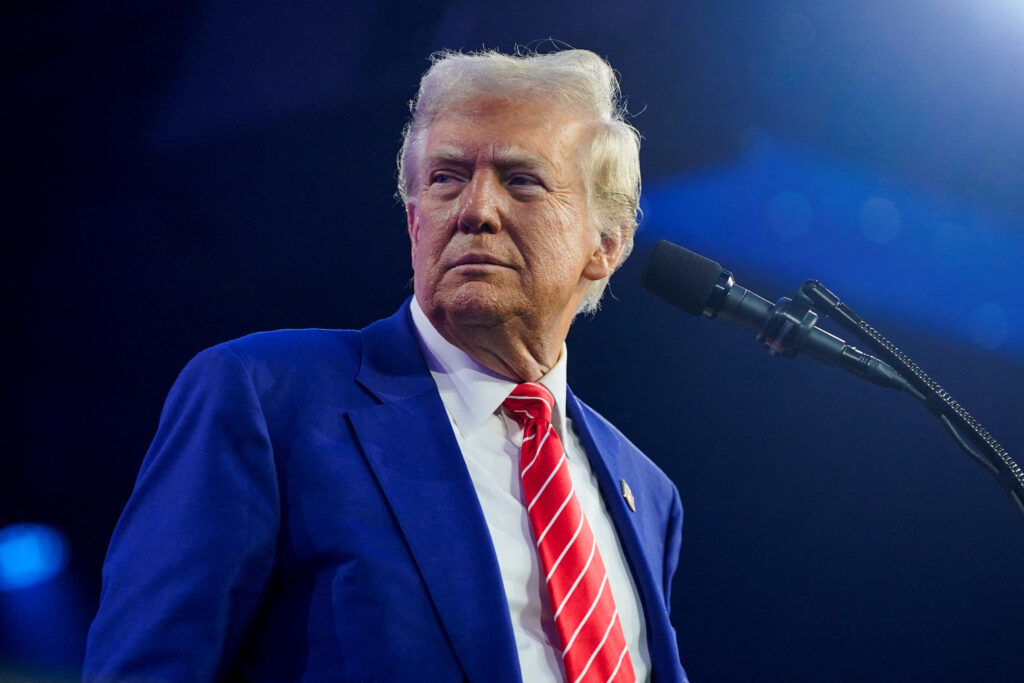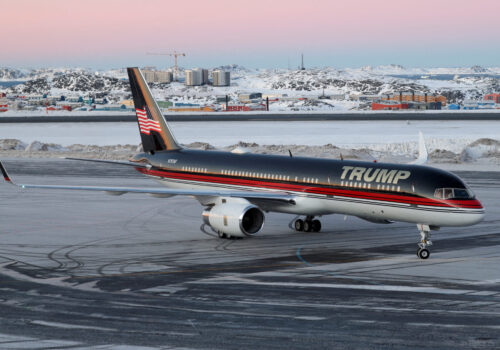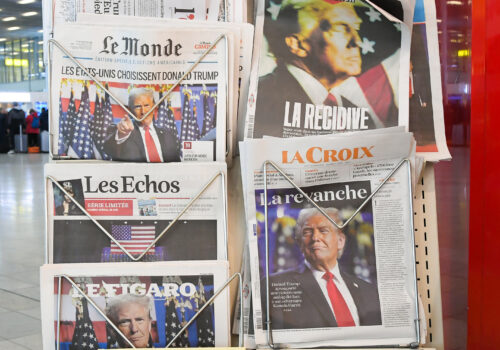President-elect Donald Trump’s recent refusal to rule out going to war to annex Greenland and reoccupy the Panama Canal, and his threats to use economic pressure to annex Canada, may be mere trolling. Trump seems to relish saying things that send people scurrying, chattering, and expressing outrage. Trump may also be seeking, as former Congressman Tom Malinowski shrewdly suggested, to distract from the difficulty of fulfilling the promises that got Trump elected, like lowering prices.
Trump’s threats may also be designed to throw Canada, Denmark and Greenland, and Panama off balance as a prelude to some sort of negotiation under pressure, which Trump can then tout as a success for “America First.”
The United States is unlikely to start wars against allies and friends. For one thing, Trump would own the consequences, which would include hostile populations under occupation, a ruined NATO Alliance system, and US isolation from its friends, to the delight of its adversaries Russia and China. Trump won election promising to end wars, not start new ones.
On a deeper level, Trump’s threats of war and annexation speak to a way of thinking about power in the world that goes back to the nineteenth century and before—power through territorial conquest—and turns away from US grand strategy starting in the twentieth century. That strategy started with President Theodore Roosevelt, albeit inconsistently. It was fleshed out by President Woodrow Wilson, in his famous and sometimes misunderstood “Fourteen Points” speech of 1918, and by President Franklin Roosevelt, in the Atlantic Charter he issued with British Prime Minister Winston Churchill in 1941. It was then implemented by US presidents Harry Truman, Dwight Eisenhower, and others up until Trump. This strategy was based on a whole new way of thinking about how to advance US interests in the world.
US grand strategy is sometimes reduced to the arid slogan “rules-based, liberal international order,” and it is sometimes dismissed as “idealism” or “globalism.” In fact, the US presidents who built this strategy had made canny assumptions. They believed:
- that US interests would advance better in a rules-based, open world without closed empires;
- that US interests would advance with the spread of democracy and the rule of law;
- that the United States would prosper best when other nations did, as well.
Thus, it followed that the United States could make the world a better place and get rich in the process.
US grand strategy was in principle universal: The United States could be the friend of all nations that shared these core values. That was befitting a nation founded not on the grounds of blood and soil, but instead on the principle that all people were created equal, a principle that President Abraham Lincoln insisted was “applicable to men at all times.”
These are the principles that the United States sought to apply when it reached the pinnacle of world power after 1945. For all the inconsistencies, hypocrisies, and blunders, US grand strategy after 1945 brought generations of general peace and prosperity. No doubt this strategy needs another adjustment to meet the times. But throwing out US grand strategy in favor of war, territorial conquest, occupation, and threats would not make the United States great again. It would make the United States a mere mimic of Putinism and a reflection of the mid-twentieth century aggressor nations of Germany, Italy, and Japan.
Trump’s threats may be bluster or tactical, but they reveal a dark side of power unworthy of any US president. Put into practice, they would reduce the United States to a mere bully that rules through force and fear, assuredly triggering a reaction against it, as well as ending US alliances. That’s quite a degeneration from the tradition that Trump inherits.
Daniel Fried is the Weiser Family distinguished fellow at the Atlantic Council and former US ambassador to Poland.
Further reading
Wed, Jan 8, 2025
Everything you need to know about Trump’s Greenland gambit
New Atlanticist By
The incoming US president is adamant in his desire to acquire Greenland for the United States, which has angered Denmark and other US allies.
Fri, Nov 8, 2024
What the world thinks of Trump’s return to the US presidency
New Atlanticist By
From Ukraine to Australia, Sweden to Singapore, Atlantic Council experts examine how people in different countries view the decisive win by President-elect Donald Trump.
Wed, Dec 18, 2024
The stage is set for Trump’s global leadership moment
Inflection Points By Frederick Kempe
The lightning-like fall of the Assad regime in Syria reveals larger weaknesses in Russia and Iran. These weaknesses present the incoming president with three historic opportunities.
Image: US President-elect Donald Trump attends Turning Point USA's AmericaFest in Phoenix, Arizona, U.S., December 22, 2024. REUTERS/Cheney Orr/File Photo



